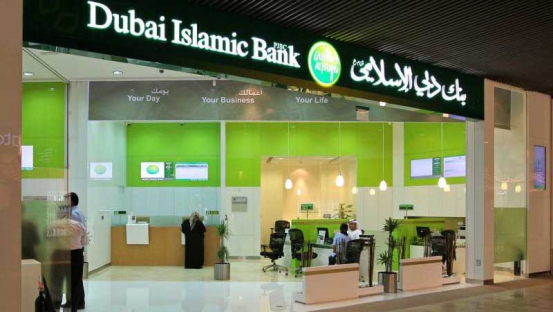×
The Standard e-Paper
Kenya’s Boldest Voice

United Arab Emirates (UAE) lender, Dubai Islamic Bank, is set to start operations in Kenya as the Government seeks to issue a Shariah-compliant Sukuk bond.
Kenya aims to become a regional hub for Islamic banking while setting the sector as a source of development funds because of the large number of Muslims in Kenya.